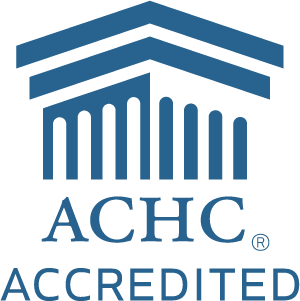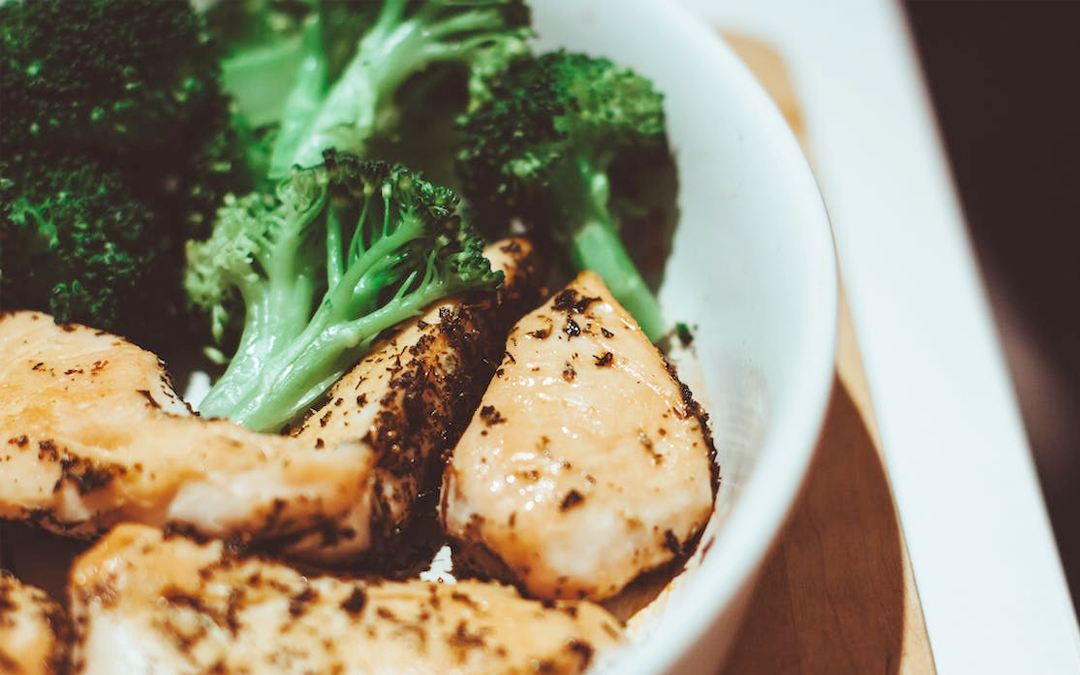Maintaining a healthy diet is essential for everyone, but it holds particular significance for individuals living with hemophilia and other bleeding disorders. Hemophilia is a rare bleeding disorder that affects the blood’s ability to clot properly. While nutrition alone cannot treat or cure hemophilia, it plays a vital role in supporting overall health and well-being.
This blog post will provide some guidance on what to eat and what to avoid for individuals with hemophilia, focusing on general dietary recommendations that may help support a healthy and happy body.
Adequate Intake of Protein
Protein is a crucial macronutrient required for the body’s growth, development, and maintenance. Including sufficient protein in your diet helps in repairing and building tissues, which is particularly important for individuals with bleeding disorders, as they may experience joint and muscle damage due to bleeding.
Good sources of protein include lean meats (such as chicken, turkey, and beef), fish, eggs, dairy products, legumes (such as lentils and beans), and tofu. Incorporating these protein-rich foods into meals and snacks can provide the necessary amino acids for tissue repair and growth.
Vitamin K-Rich Foods
Vitamin K is an essential nutrient for blood clotting. While individuals with hemophilia have a deficiency of clotting factors, including foods rich in vitamin K can still be beneficial. However, it’s important to maintain a consistent intake of vitamin K, as sudden changes in levels can affect the effectiveness of clotting factor replacement therapy.
Foods rich in vitamin K include leafy green vegetables (such as spinach, kale, and broccoli), Brussels sprouts, cabbage, and olive oil. These foods can be incorporated into a balanced diet to ensure an adequate intake of vitamin K without significantly affecting clotting factors.
Iron-Rich Foods
Iron is vital for the production of healthy red blood cells, which are responsible for delivering oxygen throughout the body. Including iron-rich foods in your diet can help prevent anemia, a condition that can worsen the symptoms of hemophilia.
Good sources of iron include lean meats, seafood, fortified cereals, beans, lentils, spinach, and dried fruits like apricots and raisins. Consuming these iron-rich foods can support red blood cell production and contribute to overall health.
Hydration
Proper hydration is essential for individuals with hemophilia to maintain healthy blood flow. Drinking an adequate amount of water helps prevent dehydration, which can contribute to joint pain and complications. Aim to consume at least eight glasses of water per day, and adjust the intake based on activity level, climate, and individual needs.
Additionally, including hydrating foods such as fruits and vegetables with high water content can also contribute to maintaining proper hydration levels.
Foods to Avoid
While there are no specific foods that individuals with hemophilia must completely avoid, certain dietary precautions can be beneficial. It is recommended to minimize the intake of foods that can interfere with blood clotting or have potential interactions with medication.
These may include high-dose vitamin E supplements, garlic supplements, fish oil supplements, and excessive amounts of alcohol. It is always advisable to consult with a healthcare professional for personalized guidance on diet and medication interactions.
Maintaining a well-balanced diet is crucial for individuals living with hemophilia. While nutrition cannot replace appropriate medical care, it plays a supportive role in overall health and well-being.
Remember, it is always essential to consult with a healthcare professional or a registered dietitian who can provide personalized advice based on your specific needs and medical condition.
Need support on your hemophilia journey? Mylyfe is always here for you!
Personalized Care,
Professional Excellence
Improving Your Quality of Life Is Our Mission





